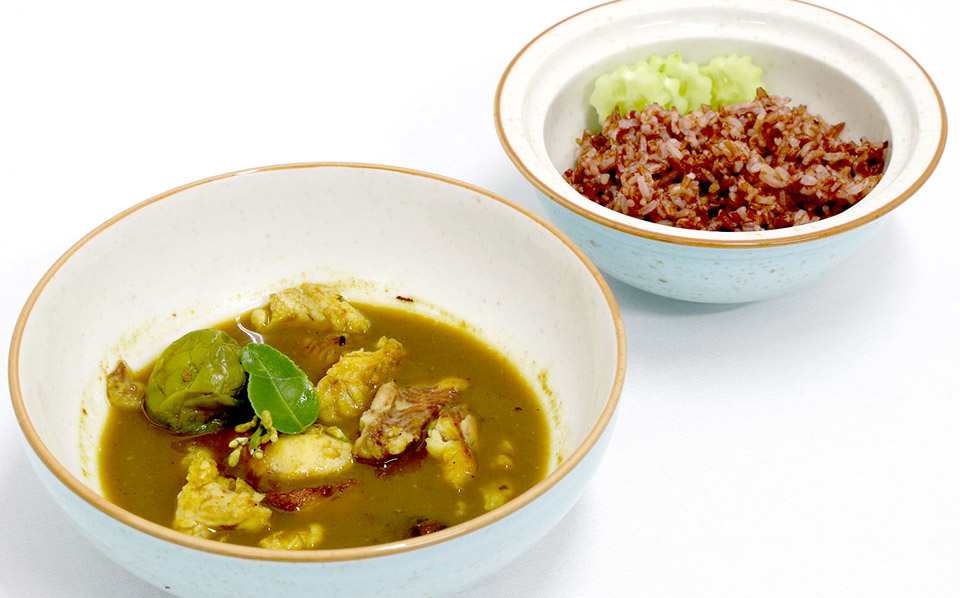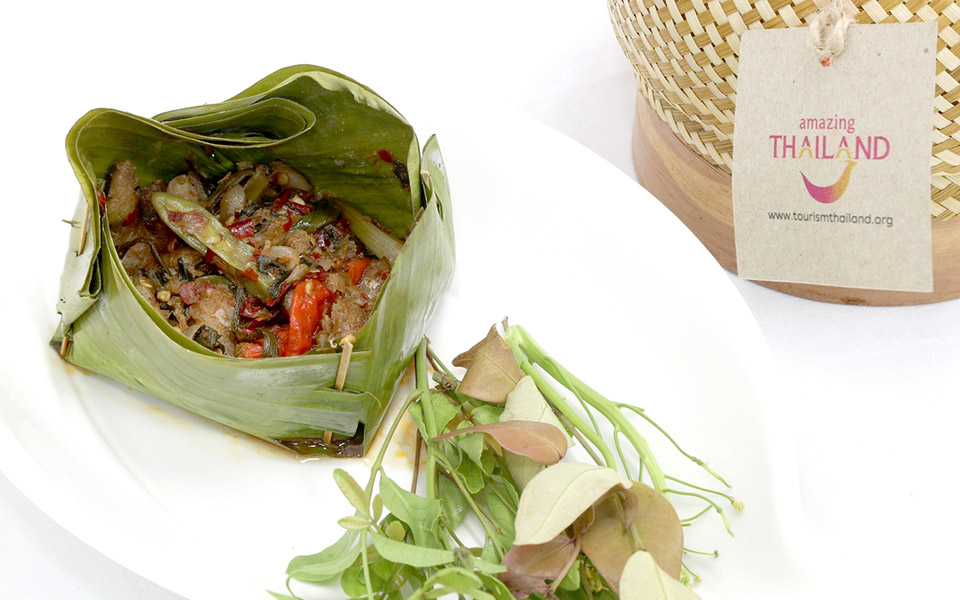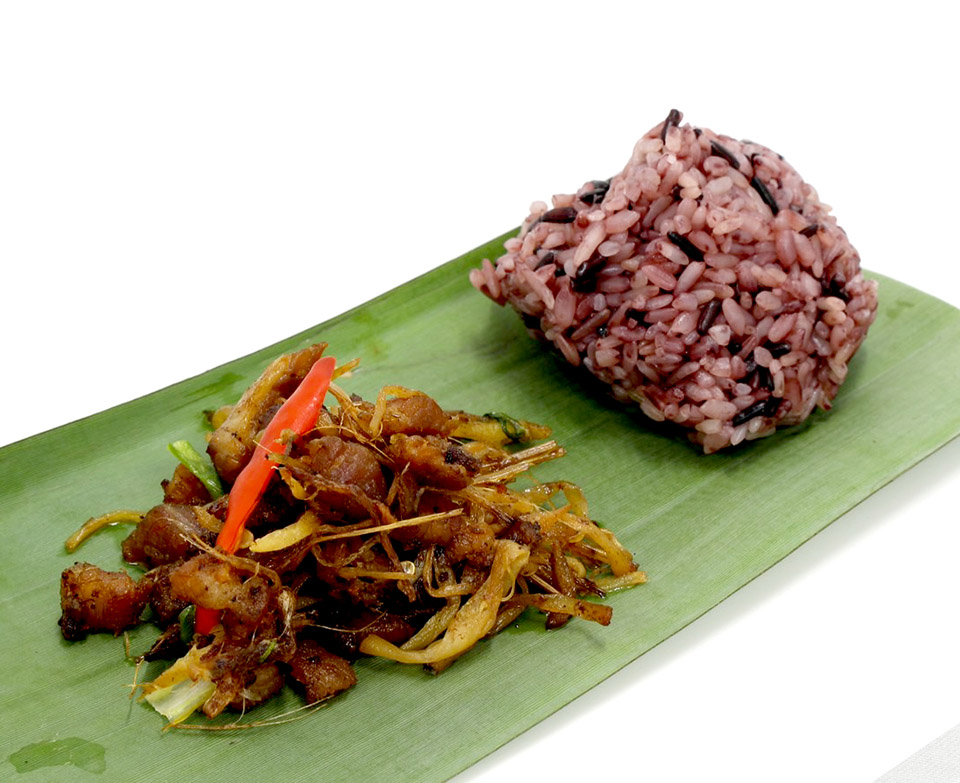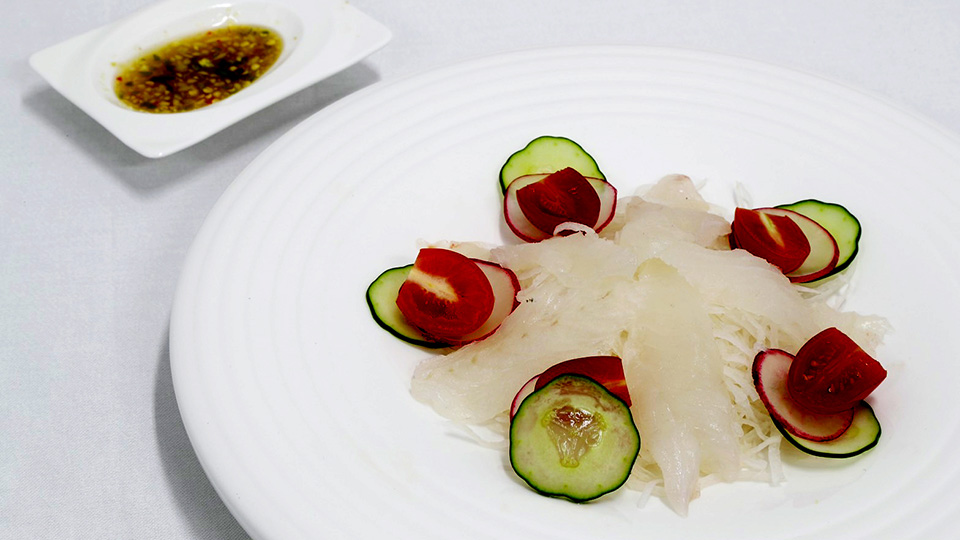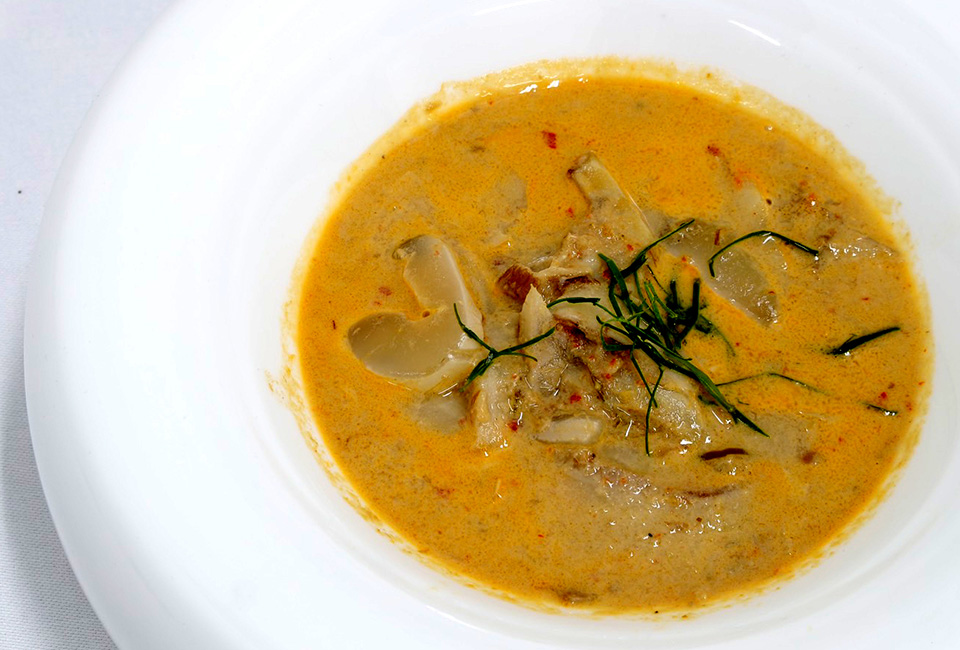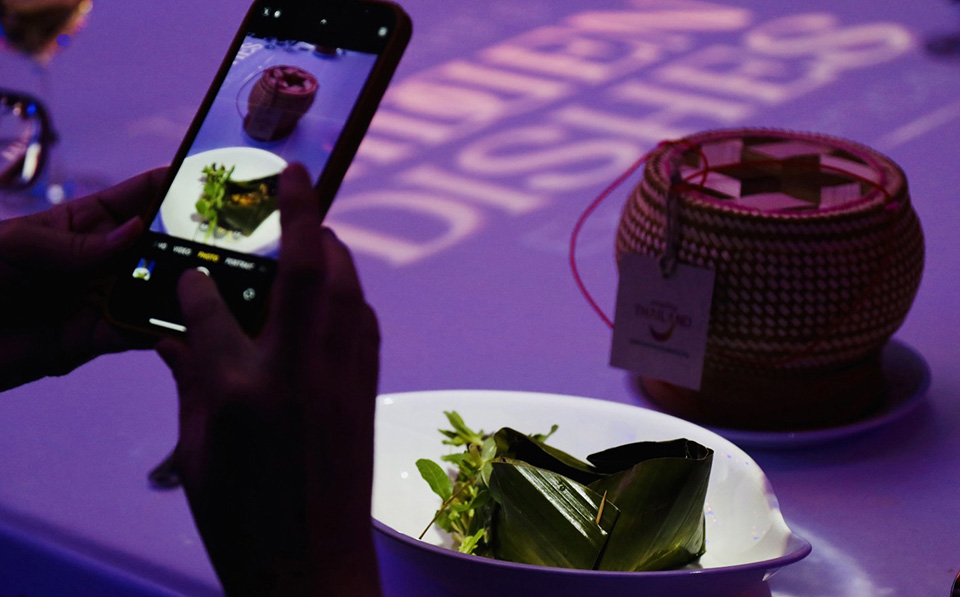
Tourism Authority of Thailand (TAT) is promoting ‘Thailand’s Hidden Dishes’ in the five regions of Thailand – Central, Eastern, Northern, Northeastern, Southern, and Regions – to leverage gastronomy tourism as a delightful way for Thai and foreign tourists to explore the diversity of Thai food.
Mr. Chattan Kunjara Na Ayudhya, TAT Deputy Governor for Marketing Communications, said “The promotion of ‘Thailand’s Hidden Dishes’ forms part of the TAT’s ongoing strategy to elevate Thailand’s status as a world-class gastronomy tourism destination, and to increase awareness on the diversity of Thailand’s local food culture. Through this initiative, five lesser-known specialty foods have been identified to entice the palate and inspire tourists to explore new culinary experiences and engage in the local community in Thailand. This is also in line with our direction of Visit Thailand Year 2023: Amazing New Chapters that encourage travellers to find meaningful travel experiences in Thailand.”
The five ‘Thailand’s Hidden Dishes’ represent some of the lesser-known specialty foods that normally are available only when travelling to the destination. Tourists will be inspired to combine the experience of local dishes with exploration of attractions and things to do in Phetchaburi, Trat, Chiang Rai, Khon Kaen, and Phatthalung.
Representing the Central Region is Phetchaburi’s Kaeng Hua Nod (also known as Kaeng Hua Tan) or Toddy Palm Curry. Phetchaburi, which has been honoured with the UNESCO Creative Cities Network (UCCN) title in the field of Gastronomy, is synonymous with several local specialty foods. The province is known to produce high-quality sea salt and key limes, palm sugar, rose apples, pineapples, and bananas among other items.

Trat in the Eastern Region is known for its marine aquaculture of Pla Yum Sawat (coral grouper, or coral trout), making it the economic fish of the province and a local specialty food. The fish is tasty and can be made into several delicious menus, including Tom Yum (spicy soup) and Sashimi.
In Northern Thailand, one of Chiang Rai’s local specialty foods is Moo Phat Raak Suu (stir-fried pork with the roots of hooker chives or garlic chives), representing an ethnic-Thai dish influenced by Yunnan cuisine. As well as stir frying with pork, the chives’ roots – known for its medicinal benefits and essential nutrients – are also key ingredients of several other local dishes.
In Northeastern Thailand (or Isan), Khon Kaen’s Au Pla (spicy and salty freshwater-fish curry) showcases the flavourful and distinctive Thai-Isan food culture. Isan has many rivers, where freshwater fish are in abundance, thus many local dishes use freshwater fish as key ingredients. Khon Kaen is among the four Isan provinces – others being Nakhon Ratchasima, Ubon Ratchathani, and Udon Thani – featured in the MICHELIN Guide Thailand 2023.

Phatthalung’s most popular local specialty foods include Kaeng Nam Khoei Yod Waai (coconut-based curry with shrimp or fish paste sauce and rattan shoots). Southern Thailand is known for using Nam Khoei (shrimp or fish paste sauce) as seasoning rather than Nam Pla (fish sauce). In Phatthalung, the use of Yod Waai or rattan shoots – known for its medicinal benefits and are abundance in the province, makes it a local specialty dish.
In April 2023, TAT has worked with popular travel pages on Facebook – Chinotoshare, Koendanai, Sneakout, Pai Ngai Ma Ngai, and Pai Ka Pai – to create awareness on the five Thailand’s Hidden Dishes among Thai tourists. The exposure achieved over 1 million reach and was expected to help distribute about 100 million Baht in food and tourism spending to the local economy. Activities in the pipeline include fam trips for international KOLs to boost awareness among foreign tourists.
“Through the promotion of the Thailand’s Hidden Dishes initiative, TAT also aims to encourage local restaurants and eateries to include local specialty foods in the menus to cater to growing demands from tourists in search of new culinary experiences,” Mr. Chattan concluded. (TAT)
